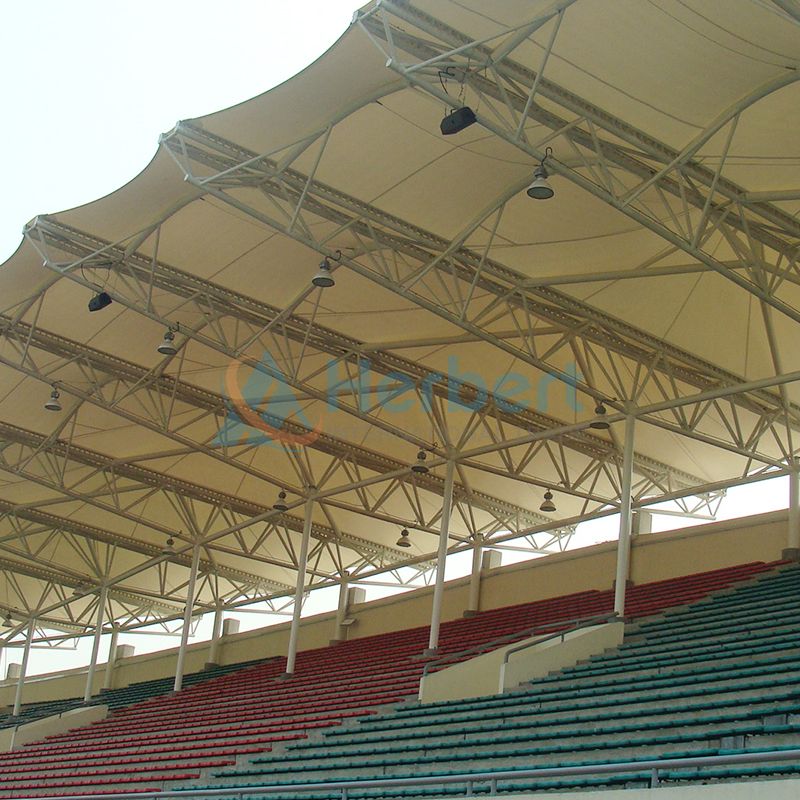Exploring the Advantages of Framing Membrane Structures
In the world of architecture and construction, framing membrane structures have emerged as an innovative and versatile solution. These structures offer unique design possibilities, structural flexibility, and sustainability benefits. In this article, we will delve into the realm of framing membrane structures and explore their advantages in detail.
1. Introduction to Framing Membrane Structures
Framing membrane structures, also known as tension membrane structures, are architectural marvels that combine lightweight framing systems with a durable membrane cover. These structures rely on tension forces in the membrane to provide stability and support. The membranes are typically made of high-performance materials such as PVC, PTFE, or ETFE, known for their strength, durability, and resistance to environmental elements.
2. Structural Flexibility and Design Freedom
One of the key advantages of framing membrane structures is their unparalleled structural flexibility and design freedom. The lightweight nature of the membranes allows for vast expanses of open space without the need for internal support columns or walls. This enables architects and designers to create awe-inspiring, visually striking structures that are both functional and aesthetically pleasing.
3. Natural Lighting and Energy Efficiency
Framing membrane structures excel in optimizing natural lighting and energy efficiency. The translucent properties of the membrane materials allow ample natural light to penetrate the interior space, reducing the need for artificial lighting during the day. This not only creates a pleasant and inviting environment but also contributes to energy savings. Furthermore, the thermal properties of the membranes help regulate temperature, reducing the reliance on heating and cooling systems and promoting energy efficiency.

4. Durability and Weather Resistance
The advanced materials used in framing membrane structures provide exceptional durability and weather resistance. The membranes are designed to withstand various environmental conditions, including extreme temperatures, UV radiation, wind, and rain. They are engineered to be waterproof, fire-resistant, and resistant to mold and mildew growth, ensuring longevity and low maintenance requirements.
5. Rapid Construction and Cost Efficiency
Compared to traditional construction methods, framing membrane structures offer rapid construction times and cost efficiency. The lightweight components and modular nature of these structures facilitate quick assembly and disassembly, reducing construction timelines significantly. Moreover, the reduced need for extensive foundation systems and heavy structural components contributes to cost savings in materials and labor.
6. Sustainability and Environmental Benefits
Framing membrane structures align with the principles of sustainability and environmental consciousness. The lightweight materials used in their construction require fewer resources, resulting in a smaller carbon footprint. Additionally, the translucency of the membranes reduces the need for artificial lighting, minimizing energy consumption. These structures can also be designed to incorporate rainwater harvesting systems, further promoting eco-friendly practices.
Conclusion
Framing membrane structures represent a cutting-edge approach to architecture and construction, offering numerous advantages in terms of structural flexibility, design freedom, energy efficiency, durability, rapid construction, and sustainability. Their innovative use of tension membranes and lightweight framing systems has revolutionized the industry, enabling the creation of stunning and functional structures. As technology and materials continue to advance, framing membrane structures will undoubtedly play an increasingly significant role in shaping the future of architectural design.
323
0
0

Comments
All Comments (0)